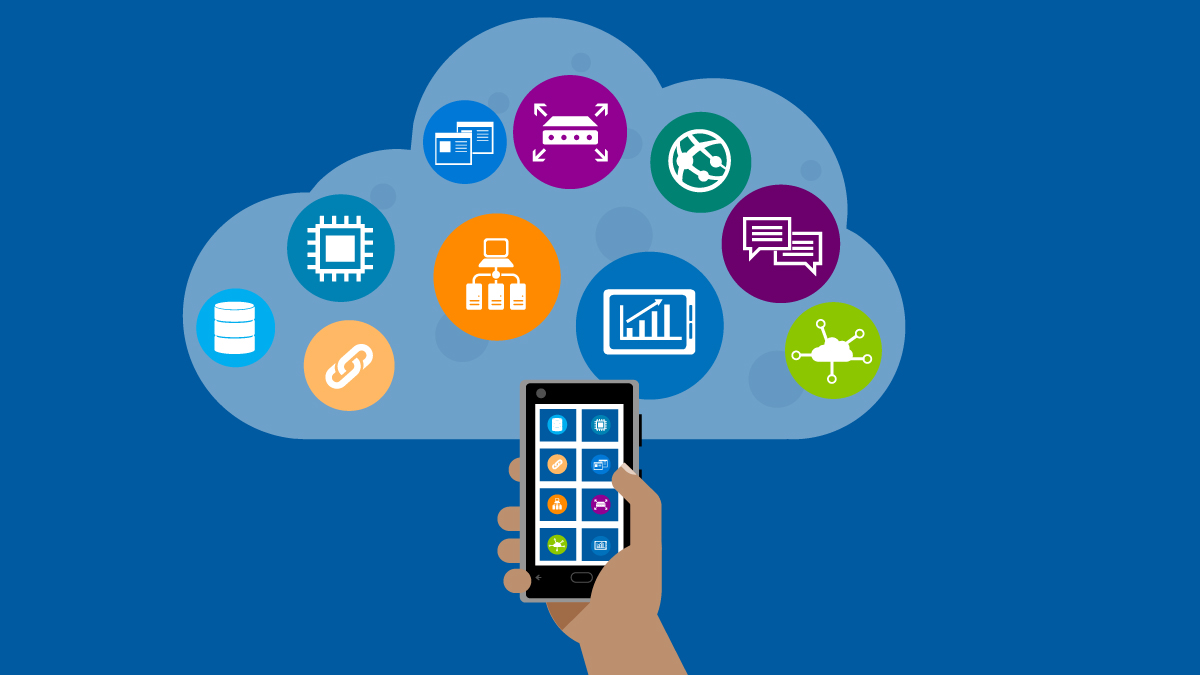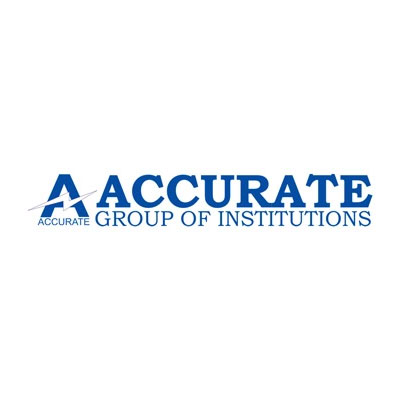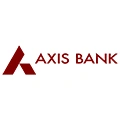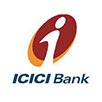INTRODUCTION
Blockchain technology has emerged as a game-changer in many industries, including finance, supply chain, and healthcare. But its impact extends beyond these fields, and it has the potential to revolutionize management education as well. In this article, we will discuss the impact of blockchain technology on management education and how it is changing the way we learn about business.
First, let's define blockchain technology. Blockchain is a decentralized digital ledger that records transactions in a secure and transparent manner. It is a distributed database that stores information across a network of computers, making it difficult for any one person to manipulate or corrupt the data. Blockchain technology is often associated with cryptocurrencies like Bitcoin, but it has many other applications.
Now let's talk about how blockchain technology is transforming management education. One of the main advantages of blockchain technology is its ability to create a tamper-proof record of transactions. This means that any data stored on the blockchain is immutable, which makes it an ideal tool for tracking and verifying academic credentials. As such, blockchain technology has the potential to transform the way that degrees and other academic qualifications are verified and recognized.
Impact of blockchain technology on management education
Currently, many employers and educational institutions rely on third-party verification services to confirm the authenticity of academic qualifications. These services can be slow, expensive, and prone to errors. With blockchain technology, academic credentials can be stored on a decentralized ledger that is accessible to anyone with the appropriate permissions. This would make it much easier and faster for employers and educational institutions to verify the authenticity of academic qualifications.
Another way that blockchain technology is impacting management education is by enabling new forms of collaboration and knowledge-sharing. Blockchain networks can be used to create decentralized learning communities that are not reliant on traditional educational institutions. These communities can share knowledge, collaborate on projects, and issue credentials to their members in a decentralized and democratic manner.
This approach to learning is sometimes referred to as "peer-to-peer" or "decentralized learning." It is based on the idea that knowledge is not confined to traditional educational institutions but is distributed throughout society. Decentralized learning communities can tap into this distributed knowledge by creating networks of experts and enthusiasts who share a common interest in a particular topic or subject.

Decentralized learning communities can also use blockchain technology to create their own digital currencies or tokens. These currencies can be used to incentivize participation in the community and to reward members for their contributions. For example, a decentralized learning community focused on blockchain technology could create a digital currency that is used to reward members who contribute code, write articles, or answer questions on the community forum.
The use of blockchain technology in management education also has implications for the way that we think about the ownership and control of data. Blockchain networks are decentralized and transparent, which means that they are not owned or controlled by any one entity. This is in contrast to traditional educational institutions, which often have centralized control over the data that they collect and store.
By using blockchain technology, we can create a more open and transparent system of data management in education. This could lead to greater accountability and trust in the educational system, as well as greater innovation and collaboration. For example, researchers could use blockchain networks to share data and collaborate on research projects in a secure and transparent manner.
CONCLUSION
In conclusion, blockchain technology has the potential to revolutionize management education in many ways. It can make academic credentials more secure and verifiable, create decentralized learning communities that tap into distributed knowledge, and enable more open and transparent systems of data management. As such, it is important for management educators to understand the potential of blockchain technology and to explore how it can be used to improve the way we learn about business.


.webp)









